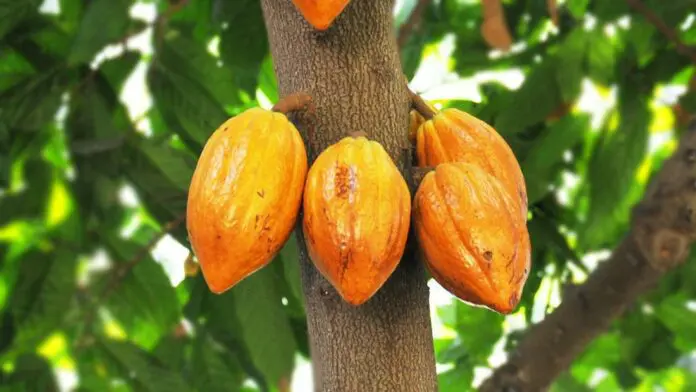Fertilizer subsidy policy for Cocoa farmers faces difficulties
“Ukraine, Russia and Belarus… these three countries produce the base element for fertilizer that is the sulfate ammonia… It constitutes the fundamental for the production of fertilizer, and with the war in these three countries, it means that we cannot get the base element to produce the fertilizers, not just for Ghana but globally. And once that base element cannot be obtained, there is going to be shortage, so we must all brace ourselves that, come next year, it will not be there. Even if it going to be there, maybe from other countries, it will be very limited and so we as a country have to look for alternatives”
The Ghana COCOBOD has warned of an imminent shortage in fertilizer supply on the Ghanaian market coupled with a potential spike in fertilizer prices as long as the Russia-Ukraine, and by proxy, Belarusian conflict continues to reverberate across continental Africa.
A significant aftershock resulting from the imposition of trade sanctions on Russia has caused a conditional shortage in the supply of the active ingredient used in fertilizer production, sulfate of ammonia.
COCBOD has cautioned cocoa farmers to explore alternative organic fertilizer options over the coming cropping season and beyond as it faces difficulties in procuring sufficient volumes of inorganic fertilizer, brought about by the Russian –Ukraine war, to supply to cocoa farmers under its subsidy policy.
Chief Executive Officer of COCOBOD, Joseph Boahen Aidoo noted, “Ukraine, Russia and Belarus… these three countries produce the base element for fertilizer that is the sulfate ammonia… It constitutes the fundamental for the production of fertilizer, and with the war in these three countries, it means that we cannot get the base element to produce the fertilizers, not just for Ghana but globally. And once that base element cannot be obtained, there is going to be shortage, so we must all brace ourselves that, come next year, it will not be there. Even if it going to be there, maybe from other countries, it will be very limited and so we as a country have to look for alternatives”, he said.
Russia and Belarus control almost 40% of global fertilizer exports and imposition of sanctions on Russia have significantly constrained the supply.
Cocoa production, a mainstay of the economy, employing approximately 800,000 farm families and generating $2 billion worth of foreign exchange annually stands to suffer from this shortage of fertilizer, with the COCOBOD forecasting the 2022 yield outlook to 820,000 metric tons below that of 2021.
According to Ghana COCOBOD, consequences of the current shortages will be far reaching beyond 2022.
The CEO said, “this is the time. Now we cannot get the fertilizer, let alone to make it free so we are asking our farmers that, today that the war has made it very difficult for us to get the fertilizers, we are all bracing these austerity measures together. We are pleading with our farmers that they must resort to poultry manure”
Source: 3news.com|Ghana


